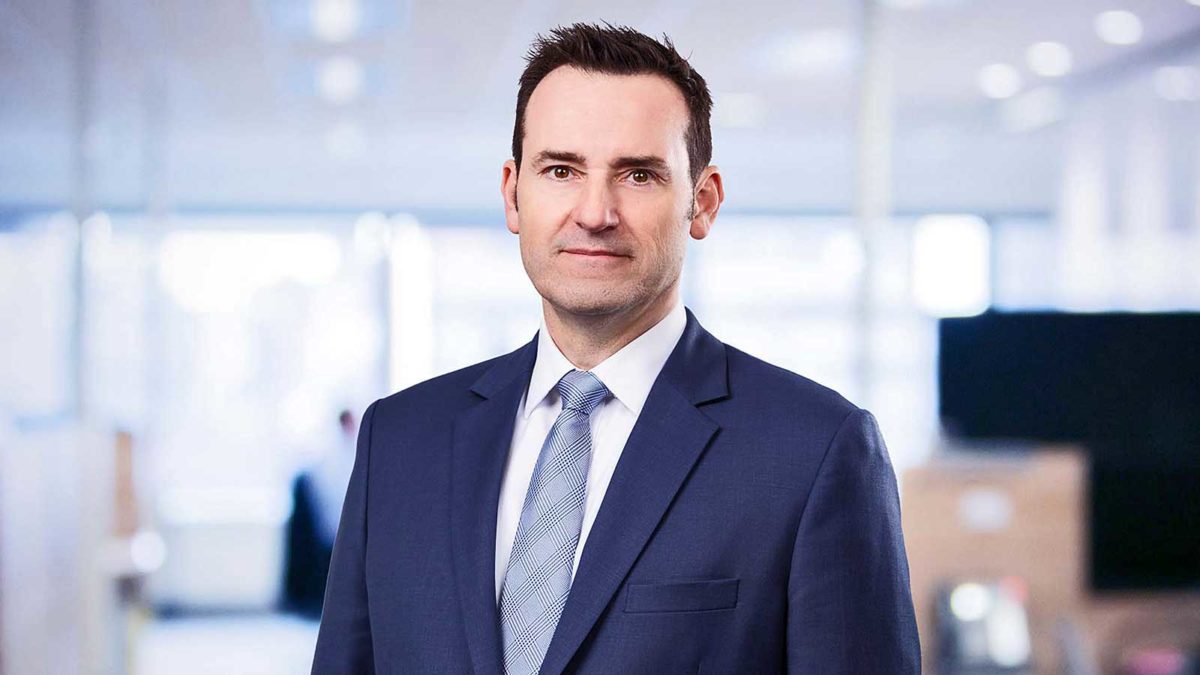Manager biases impair predictive capabilities
Fund managers are subject to behavioural biases like all of us, such as over-confidence, short-termism and memory distortions. Take their predictive abilities. They are not, on average, especially good.
In a unique report for clients, Frontier has published what amounts to a longitudinal study based on eight years of conversations, surveys and other communications with fund managers to ascertain what they really think about the institutional investment industry; its major players, markets and their prospects, as well as their own company’s prospects.
The research paper, ‘What Managers Really Think‘, shows that fund managers tend to be biased towards the asset class on which they concentrate their efforts and are generally over-confident about its return prospects.
Written by Wayne Sullivan, the asset consultancy’s director of marketing and business development, who has previously had senior business roles at HostPlus, Sunsuper and QSuper, the paper draws on staff notes from about 1,200 meetings with managers each year and formal annual surveys commenced in 2014.
The paper examines the evolution of manager views and behaviours over the past eight years. This includes: their predictive abilities for both asset classes and balanced portfolios; their opinions of asset owners and the relative importance of client ‘influencers’ in the investments food chain; fees; their own funds management firms; and, asset consultants.
On predictions, Frontier sets the managers “generous” ranges for their forecasts, such as between 5-10 per cent for balanced portfolios, which is typically the most commonly chosen in the surveys. On average, over the life of the survey, about one-third have predicted the correct outcome.
To its credit, the Frontier paper notes that fund managers have been slightly better at predicting balanced fund returns than the consultants have. But the consultants tend to be better in low-return years and managers better in higher-return years.
When it comes to single-asset classes, the managers consistently overshoot actuals, with a correlation to the sectors covered by the managers. International equities has been the most nominated sector each year, oscillating between developed and emerging markets.
The paper says: “In the first four years of our study, not a single fund manager had ever flagged PE as their nominated top performer. Another sign of past performance influencing opinions?
“Nominating the best-performing asset class is an area where Frontier has consistently had more predictive success than managers during our study. For 2020-21 a quarter of our firm – 26.3 per cent – has nominated unlisted infrastructure as the sector most likely to be the best performer for the year. This figure has been as high as 43.5 per cent in recent years.”
Both managers and the Frontier consultants and researchers are predicting PE to be the best performing asst class in the coming year.
In terms of the growth of asset-owner inhouse investment teams, the managers’ views have changed over the past eight years in an interesting way. While they now believe that inhouse teams are more important than, say, the fund’s CIO or investment committee, there has been a drop in the number who think they will change a fund’s philosophy for the better. The number who said this year compared with 2014 that inhouse teams were ‘best placed to advise on investments for their fund’ jumped from 23.4 per cent to 35.6 per cent.
This year was also the first time that the inhouse teams “outranked their boss”, Sullivan’s paper says. Two years ago, 51.7 per cent of respondent managers ranked the CIO as the most influential and 26.7 per cent the internal team. This year, 38.4 per cent thought the CIO most important and 40.5 per cent nominated the internal team.
The board as a whole and the investment committee remained in third place in the latest manager survey, ahead of asset consultants and the fund’s CEO.
For its part, Frontier has always had the CIO at the top of the list (52.6 per cent this year, followed by boards and investment committees (26.3 per cent). Only 15.8 per cent of the consultants nominated the internal teams as most important.
On fees, the managers say that the most fee-sensitive clients are large super funds, followed by smaller super funds and then insurers. The least fee sensitive are private wealth firms, followed by family offices and then charities and universities.
Nevertheless, a consistently small proportion of managers (this year 5.6 per cent) believe managers will have to “trim their fees” to remain competitive. The managers see consolidation among super funds as the biggest threat to their growth prospects (47 per cent), followed by pressure from clients for fees to contract (30 per cent) and regulation (10 per cent).
“Studies of this nature often show there are fundamental elements that always remain. But gradual incremental shifts can lead to significant trends over time,” Sullivan says.
“There will always be opportunities for well-run, innovative and fairly priced funds management businesses to adapt to changing circumstances in the way they partner with investors. Frontier will continue to enjoy the opportunity we have to work with both asset owners and fund managers as the industry continues to evolve.”










